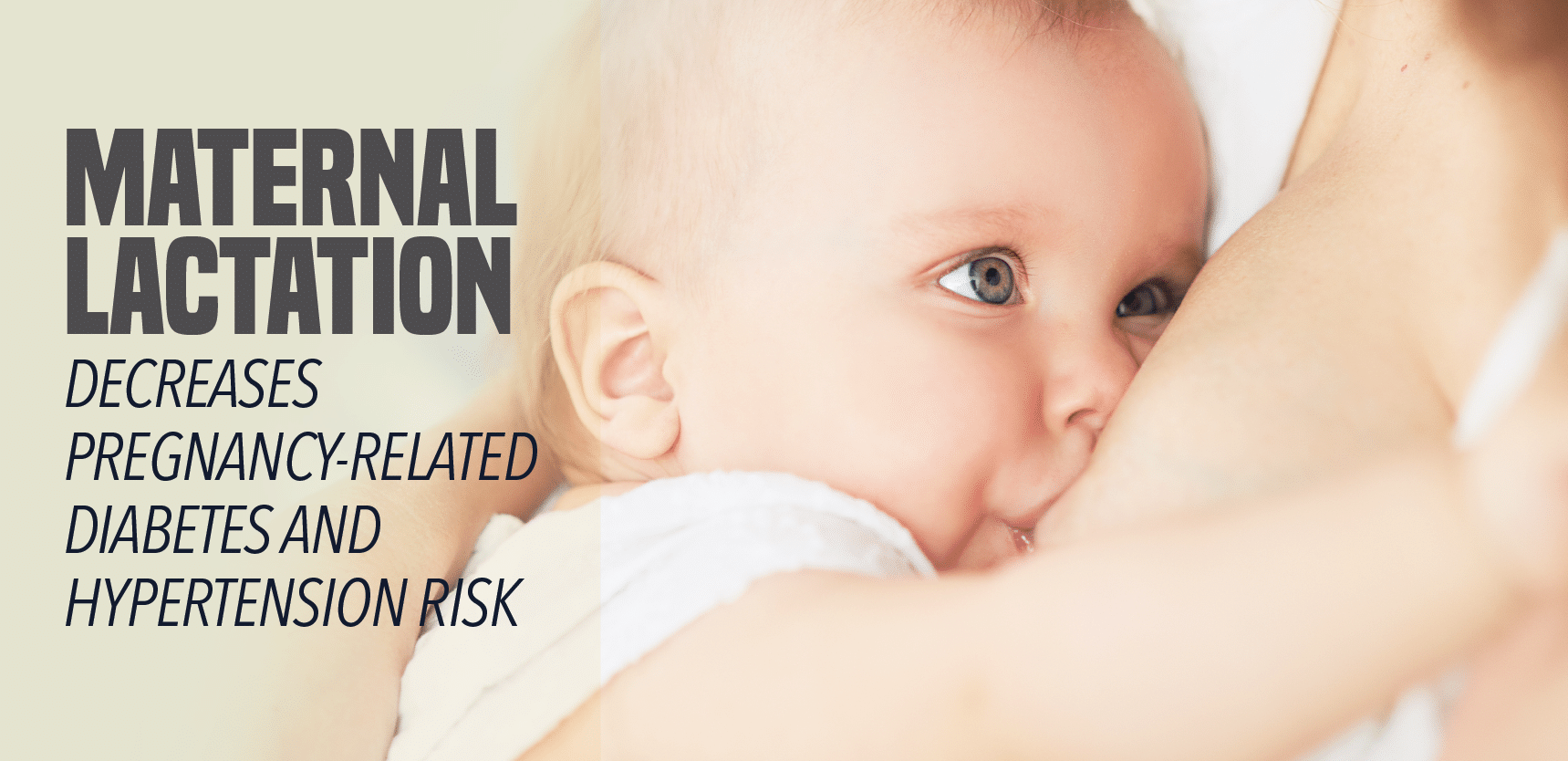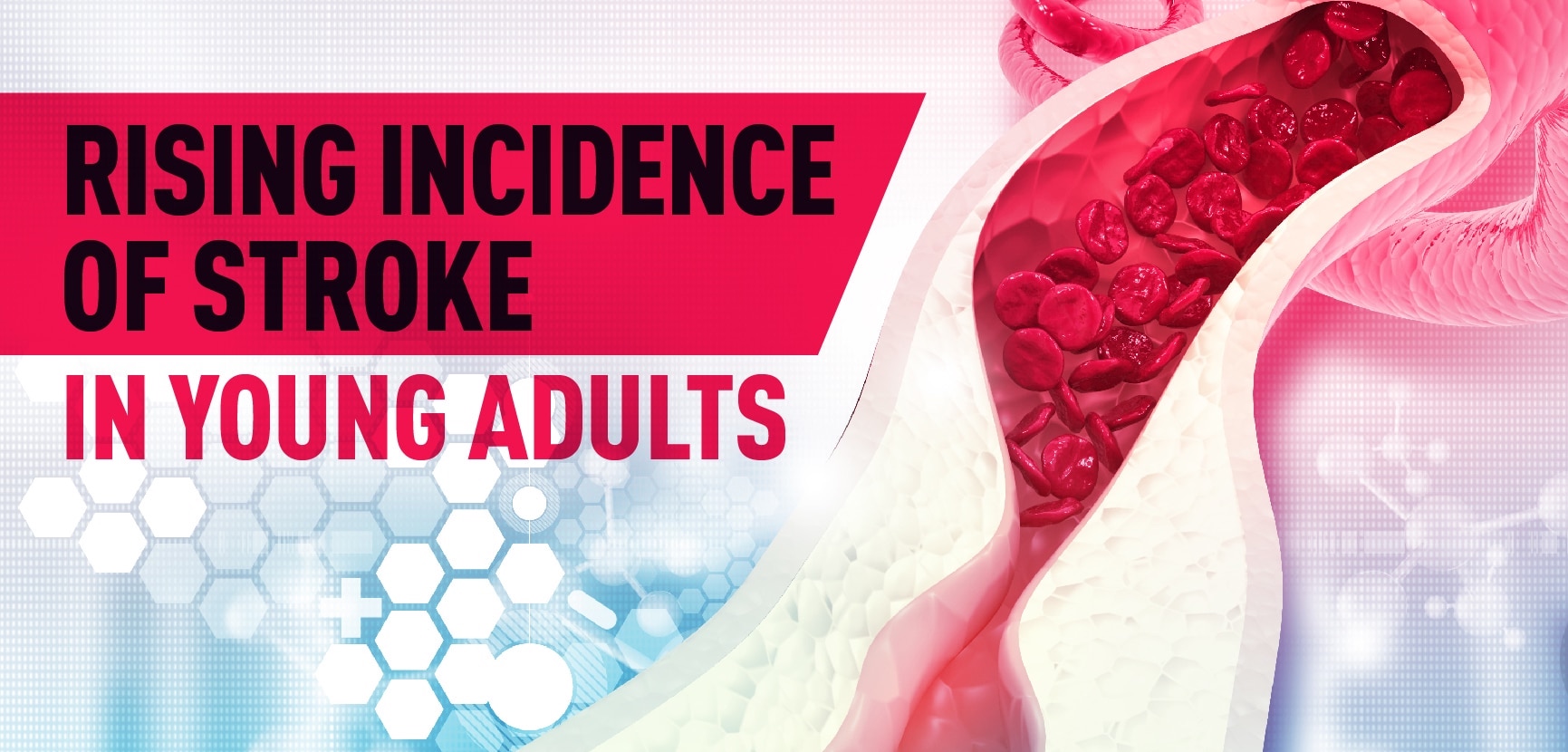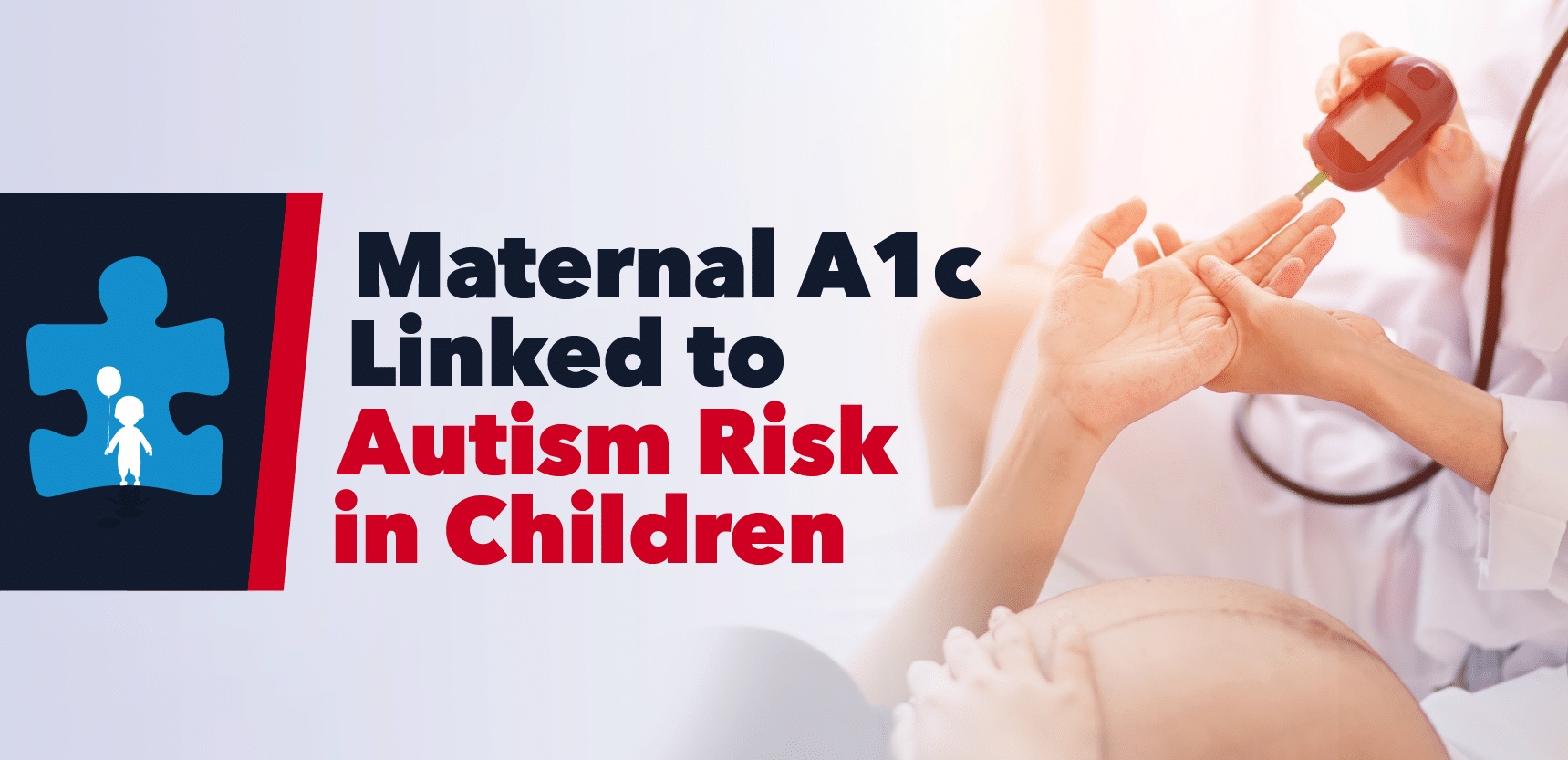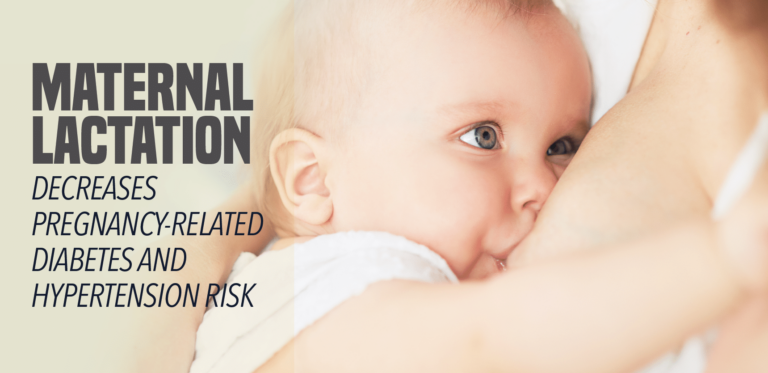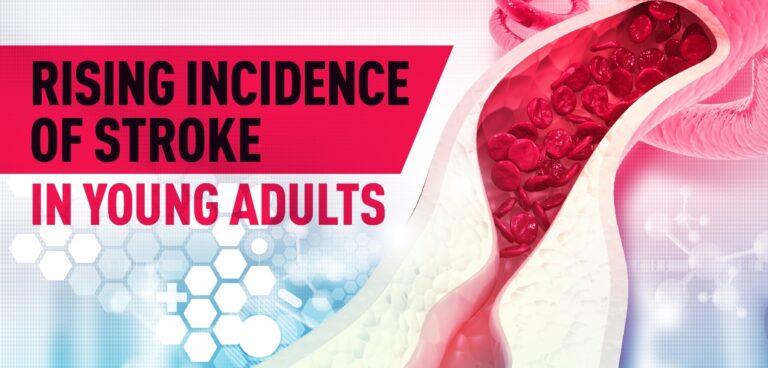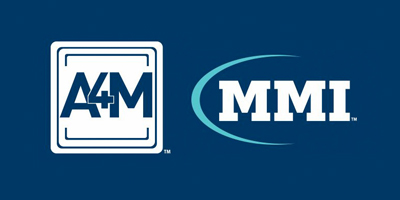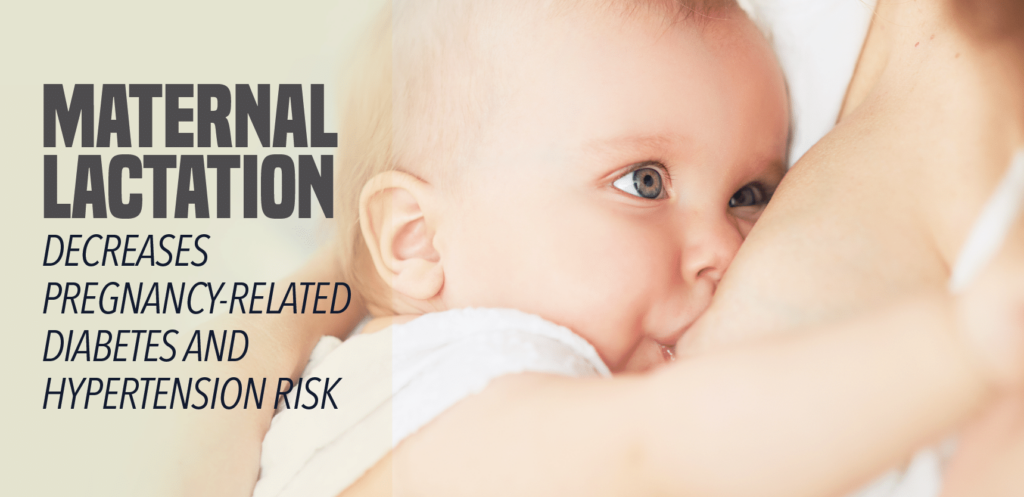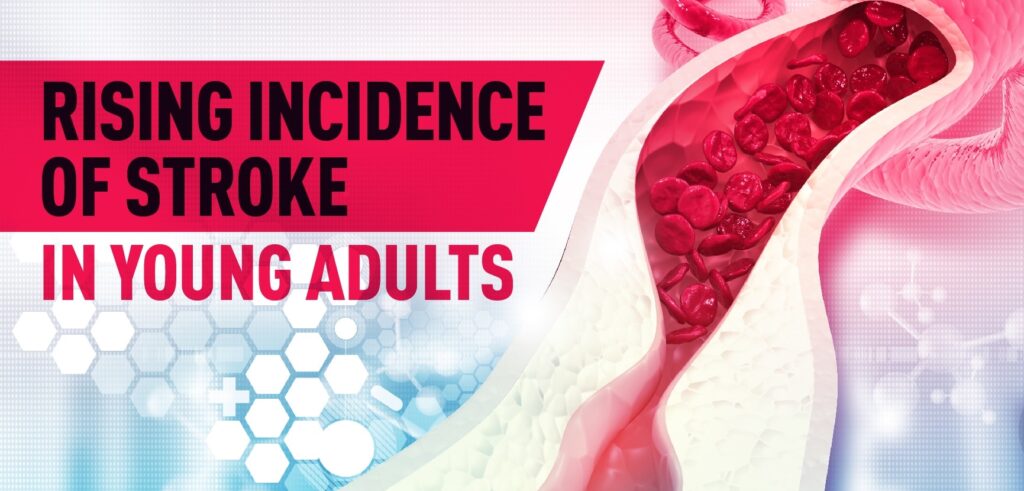Long-term tenofovir treatment in pediatric patients with chronic hepatitis B virus (HBV) was well tolerated and correlated with a high rate of viral suppression, according to a study presented at the International Liver Congress.
“Tenofovir disoproxil fumarate (TDF) is a well-known potent nucleotide analogue used to treat chronic HBV among adults; the viral suppression rates are high with favorable safety and tolerability and no documented resistance through 8 years.
TDF is effective in reversing significant fibrosis but has been associated with bone and renal complications in a subset of patients,” Daniel Hao Bin Leung, MD, Texas Children’s Hospital, said. “Long-term follow-up data in children are scarce; in previously published work in children, TDF was not surprisingly superior to placebo at week 48. However, bone mineral density (BMD) increases were smaller than placebo.”
In a randomized, double-blind study, researchers analyzed 89 pediatric patients 10 kg or less with HBV (mean age, 6 years; 56% boys) to assess the safety and efficacy of TDF. Patients received either TDF 8 mg/kg (n = 60) or placebo (n = 29) once daily for 48 weeks or 72 weeks then through week 192 in open-label study.
Investigators further assessed viral suppression, serological and biochemical response as well as yearly viral resistance and safety. Researchers noted 96% of patients were hepatitis B e antigen-positive at baseline.
At week 192, study results yielded HBV DNA less than 29 IU/mL in 82% of patients treated with TDF vs. 62% of patients treated with placebo, alanine aminotransferase normalization in 72% of patients vs. 50% of patients, HBeAg loss in 54% of patients vs. 34% of patients and hepatitis B surface antigen loss in 10% of patients vs. 0% of patients.
Progressive increases in spine and whole-body BMD were slightly lower in patients treated with TDF vs. placebo.
“A cohort of primarily HBeAg-positive children with chronic HBV … demonstrated very high rates of viral suppression, high rates of ALT normalization and increasing rates of HBeAg loss.
There was no development of TDF resistance during the study period,” Leung concluded. “Importantly, TDF was safe and well-tolerated with no grade 3 to grade 4 adverse events or serious adverse events reported related to TDF.”


